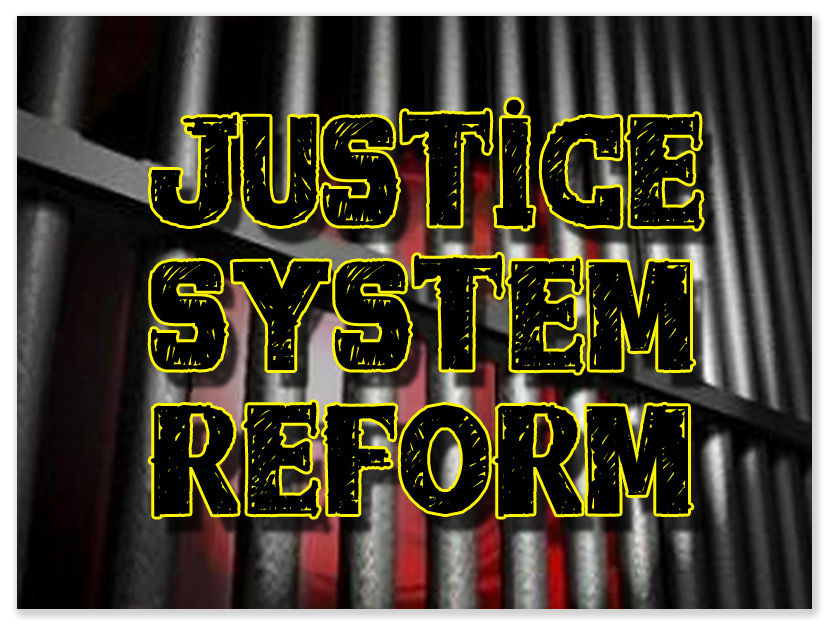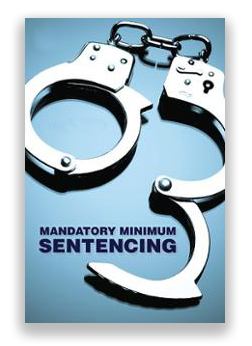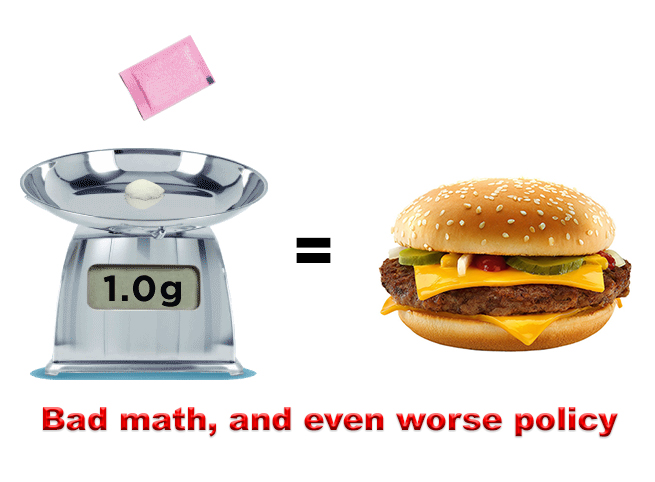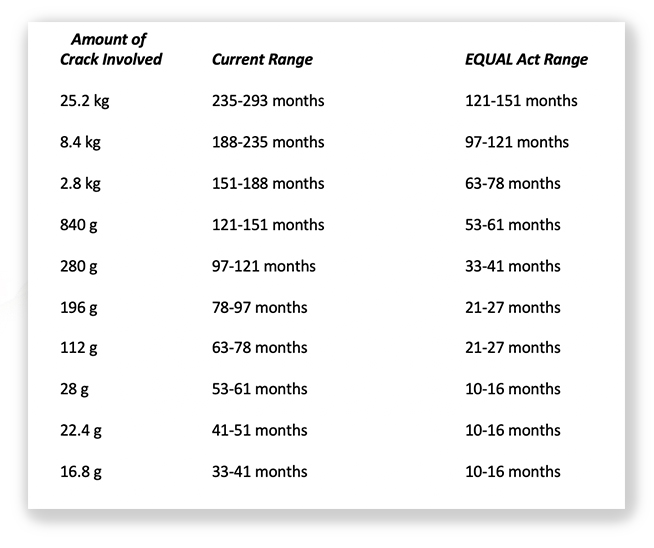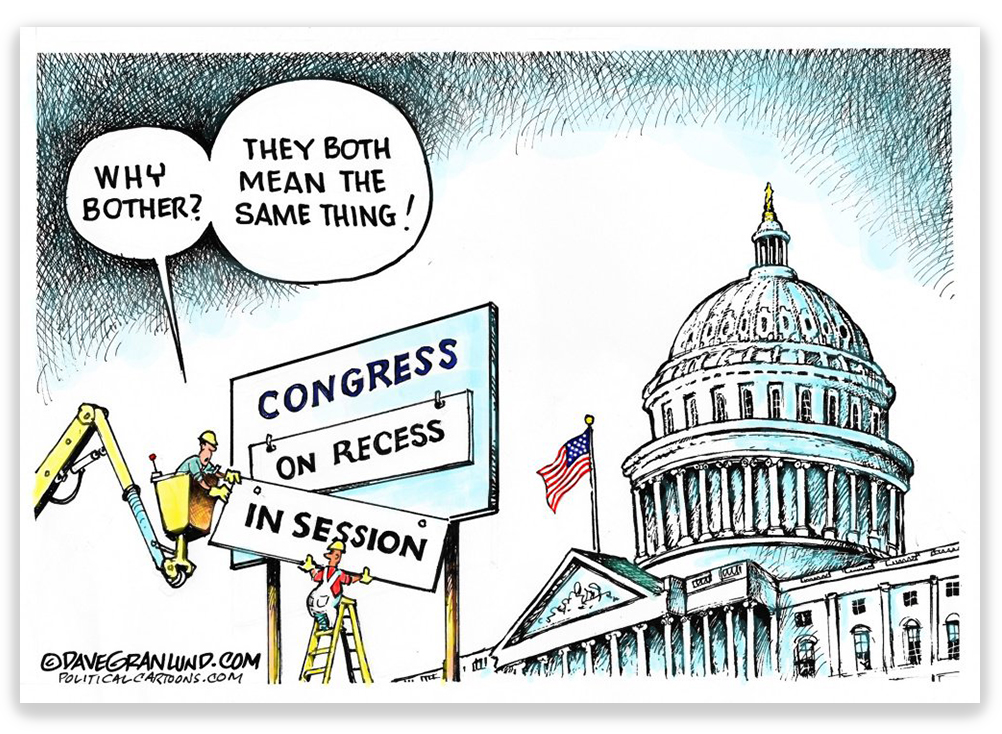We post news and comment on federal criminal justice issues, focused primarily on trial and post-conviction matters, legislative initiatives, and sentencing issues.

WHO YOU GONNA BELIEVE, JOE BIDEN OR YOUR OWN EYES?
 President Joe Biden’s Administration has said all the right things about criminal justice reform, making its inaction or, worse, contrary actions on significant initiatives in Congress (or even in the President’s own Dept. of Justice) frustrating and baffling. So do we believe what we hear or what we see?
President Joe Biden’s Administration has said all the right things about criminal justice reform, making its inaction or, worse, contrary actions on significant initiatives in Congress (or even in the President’s own Dept. of Justice) frustrating and baffling. So do we believe what we hear or what we see?
But then, the guy so far can’t get his signature infrastructure bill through his own party’s caucus. Maybe I am expecting too much from the septuagenarian chief executive.
Still, what Biden himself could be doing without Congress is addressing the 4,000 inmates on CARES Act home confinement. Those people, according to both Trump’s and Biden’s Dept of Justice, will have to return to prison when the national pandemic emergency ends, which could be as soon as early next year. Recently, 28 House Democrats became the latest to urge Biden to “immediately commute the sentences” of the CARES Act home confinees. The lawmakers also urged the creation of an independent board to review a massive backlog of more than 15,000 petitions seeking clemency.
“Nearly all of those released have thrived since returning home by reconnecting with their families and communities, and by engaging actively in civic life,” David Trone (D-MD) and his colleagues wrote to the president. “Mr. President, with a stroke of your pen you could remove the threat of reincarceration that looms over thousands of people who have already demonstrated their commitment to being productive members of their communities.”
Last week, Kara Gotsch, deputy director at the Sentencing Project, a Washington-based nonprofit focused on injustices in the criminal justice system, said the DOJ’s opinion is “devastating” for those who are staying at home and now face the possibility of being sent back to federal prison. “It is really a shame that the White House and DOJ appear to be standing by that memo issued by the Trump administration,” she said.
The Capital News Service reported Gotsch has been in communication with the Biden administration, asking for grants of clemency for everybody who’s been serving sentences in home confinement, but the White House is considering granting it to only some.
“I think that’s a step in the right direction, but there’s no reason why anyone who has proven themselves to be successful on the home confinement program should be sent back,” she added.
 If the Administration is so concerned about racial disparity, it might urge the Senate to take up the EQUAL Act (S.79). According to the Sentencing Commission, no class of drug is as racially skewed as crack: 79% of sentenced crack offenders in 2009 were black, versus 10% white and 10% Hispanic. Combined with a 115-month average imprisonment for crack offenses versus 87 months for powder offenses, this makes for more African-Americans spending more time in the prison system.
If the Administration is so concerned about racial disparity, it might urge the Senate to take up the EQUAL Act (S.79). According to the Sentencing Commission, no class of drug is as racially skewed as crack: 79% of sentenced crack offenders in 2009 were black, versus 10% white and 10% Hispanic. Combined with a 115-month average imprisonment for crack offenses versus 87 months for powder offenses, this makes for more African-Americans spending more time in the prison system.
Instead, Biden is pushing a proposal that would enhance sentences for certain synthetic opioids related to fentanyl. A coalition of nearly 100 civil rights and criminal justice reform groups last week warned that the plan will exacerbate racial disparities.
“Since the inception of the war on drugs, African Americans and Latino people have borne the brunt of enforcement-first approaches,” Sakira Cook of the Leadership Conference on Civil and Human Rights, said. She argued that about 70% of defendants charged with fentanyl-related crimes have been minorities.
The Biden Administration defends the initiative as needed to stop the overdose epidemic.
Last week Kristen Clarke, the DOJ’s civil rights chief, highlighted the racial disparities in state juvenile detention systems. “Nationally, black children are over four times more likely to be incarcerated than white children,” Clarke said. “And the disparity is even greater in Texas, where Black children are over five times more likely to be incarcerated.”
Apparently, racial disparities are only important when the states cause them.
NPR, A proposed Biden drug policy could widen racial disparities, civil rights groups warn (October 20, 2021)
Drug Policy Alliance, Letter to Congress (October 22, 2021)
CNN, ‘Big, big shifts’: How Biden’s civil rights pros have reoriented the Justice Department (October 20, 2021)
Southern Maryland Chronicle, Democrats in Congress press Biden to extend COVID-related prisoner releases (October 19, 2021)
– Thomas L. Root


